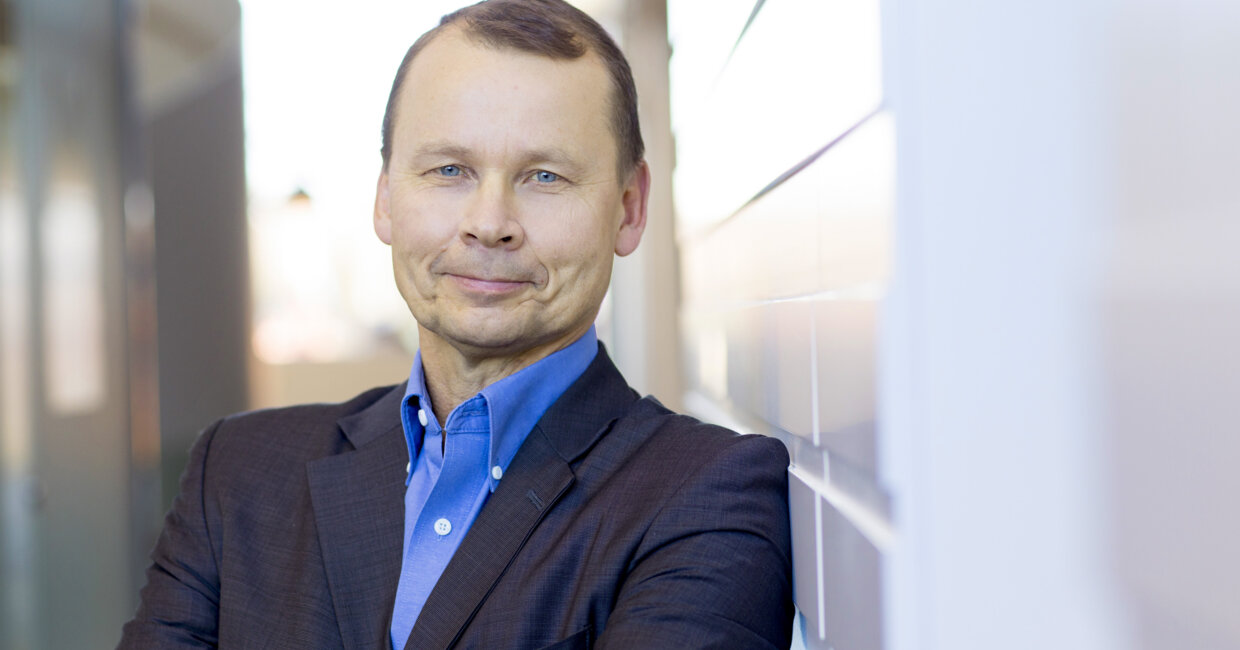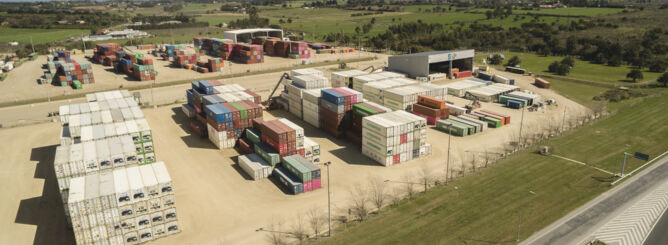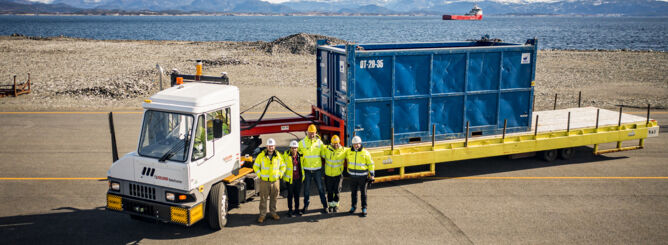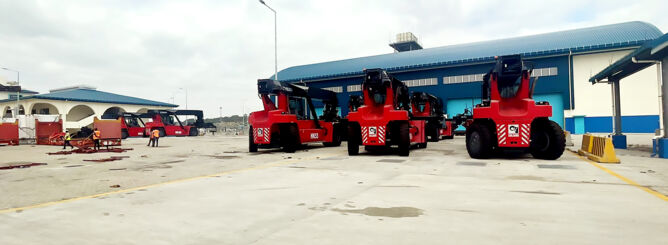Antti Kaunonen: What openness means to us at Kalmar
Open collaboration, open interfaces, open ecosystems... "Openness" is a word that is used a lot in many different contexts. But what exactly is openness for our industry? What does it signify for us? Here are four key definitions that encapsulate what we mean by this word, and what makes it so important for Kalmar as a company. My target is that when you see the name Kalmar, you will think about the word “open” or ”openness”.
Firstly, there is technical openness. As container terminals continue to pursue business performance gains and improve their competitiveness through automation, the industry is moving from greenfield projects to incrementally automating the hundreds of existing terminals around the world. This means that we need to be able to automate any type, any brand and any model of equipment, depending on the individual business goals and fleet characteristics of the customer.
The only way to accomplish this goal is through open interfaces that allow the creation of wider industry ecosystems around terminal automation. This is exactly what we are striving to do with our recent Kalmar Key initiative. We can't do it all alone, but we can make it possible for our customers, suppliers, partners and third-party developers to create or customise their own automation systems with any brand of equipment. Ultimately, we believe the availability of these open interfaces will benefit the entire industry and enable more efficient reuse of successful, proven solutions, instead of reinventing the wheel for every automation deployment.
"Success requires trust and learning between the partners. We need a common goal."
The second definition of 'openness' is about being open to new business concepts from customers and partners. Traditionally, we have focused on providing equipment, maintenance or spare parts to our customers, but we are no longer limited to just these offerings. Our long term ambition is to be able to provide availability and performance services with service level guarantees. In other words, if we realise an end-to-end terminal automation deployment, we want to be able to offer a contract model in which the client pays not for a fleet of container handling equipment and associated software solutions, but for a guaranteed number of container moves per hour. This concept has been adopted in some other industries, and it has taken quite a few years to come alive. Success requires trust and learning between the partners. To gear up the change, we will need a common goal and ambition. Let us make it happen together.
Thirdly, we are shaping the industry through openness. In an increasingly globalised and digitalised world, we need to be fully open to work closely with partners who previously would have been called competitors. Again, the world of terminal automation is so big that no one can do everything alone. It all comes down to finding the way to deliver the best solutions for our customers, even if it sometimes means a re-evaluation of the entire collaborative/competitive equation for our industry.
Finally, and perhaps most importantly, there is openness toward our customers. We are always looking for input and dialogue, and we pride ourselves on open, transparent communications with our clients. Whether you have ideas about products, service concepts, technical innovations or completely new ways of structuring our contracts or business models, let us know – we are listening.
So, how do you view the concept of openness in the container handling business? What does it mean for you and your company? I am open to your thoughts and feedback.
Antti Kaunonen
President
Kalmar



